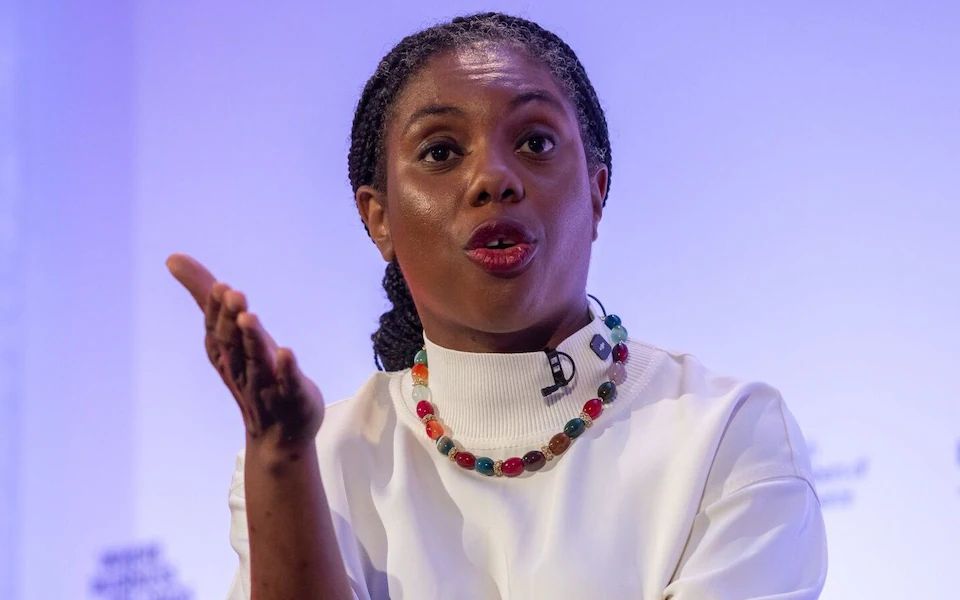Conservative leader Kemi Badenoch has launched a policy commission to push back against what she calls growing restrictions on free speech and to press Labour to act on its findings.
Badenoch said the public debate has become overly censorious, arguing that offending someone has effectively been turned into a crime and that policing has become politicised.
She said her party will defend what she described as British values of open debate and robust argument.
The commission will be chaired by commentator Toby Young and will examine laws and rules that affect freedom of expression across universities, social media, broadcasting and other public spaces.
Lord Young is expected to meet campaigners, journalists, academics and members of the public to gather evidence. The panel’s recommendations are due to be presented to Mrs Badenoch by the end of the year and will help shape Conservative policy.
Badenoch reveals the party will press Labour to implement any reforms the commission proposes, signalling an attempt to make free-speech policy a key point of contention between Britain’s main parties.
The initiative arrives amid a wider debate about limits on expression. The launch follows recent high-profile incidents that have intensified the discussion.
The killing last week of US conservative activist Charlie Kirk at an event, and the arrest earlier this month of writer and broadcaster Graham Linehan at Heathrow on suspicion of inciting violence over controversial posts on X.
Critics of the commission point to the appointment of Lord Young a polarising figure while supporters say a formal review is needed to ensure laws and institutional rules balance protection from harm with the right to speak freely.
The Conservatives say the commission will ask whether current restrictions are necessary, proportionate and consistent with British values, and will examine the practical impact of rules on everyday life, from campus debates to online moderation.
The commission’s findings will be watched closely by campaigners on both sides of the free-speech debate and could feed into party policy ahead of the next general election.



